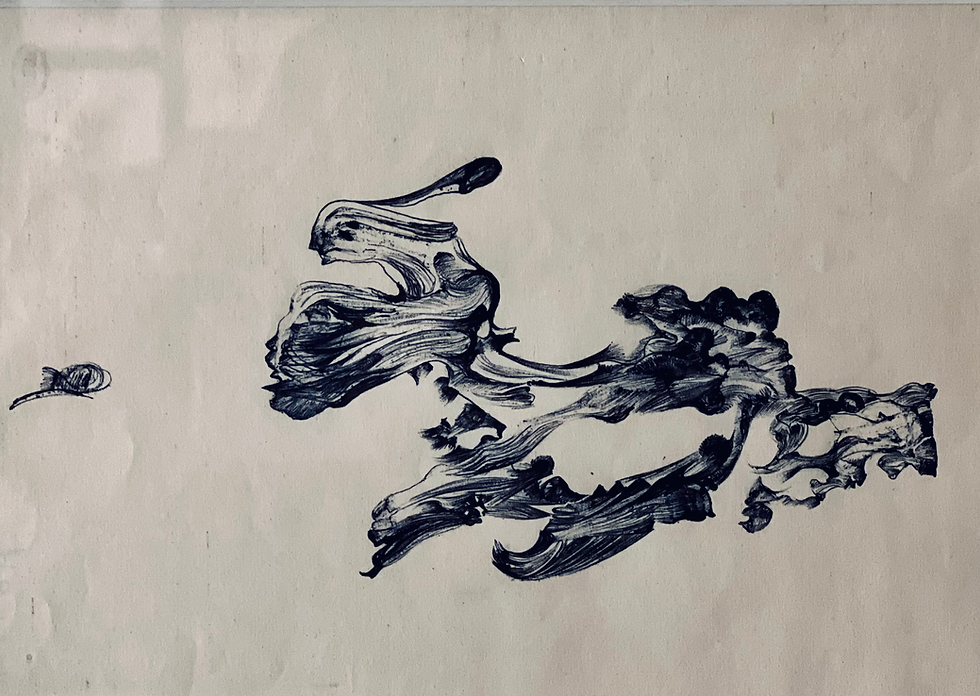Optimism Amidst Complexity
- Roxanne Noor
- Sep 27, 2023
- 2 min read

There's an inherent negativity bias in the mind and in the culture. It is propagated by the media, our speech, and the feeling that there's many problems to be solved. There's an underlying anxiety in this belief, and it creates an inner tension that becomes palpable. We are just waiting for shit to hit the fan. It's easy to be cynical and nihilistic when there's so much to be cynical about.
Optimism is one of the most necessary delusions. Optimism is the finest work of the imagination, to be able to live in an experience that is not optimal, but believe it can be. Life is a complex system that has no seeming linearity and an unpredictable nature. The human brain, the financial market, the ecosystem, all of it is uncontrollable. These complex systems can fall apart.
Optimism is living with hope within a complex system which is fragile and easily disrupted. Complexity theory explores the idea of critical thresholds and tipping points in complex systems. These are points where a small change or perturbation in the system can lead to a cascading and often abrupt breakdown or transition to a different state. Everything is made to bend and then break. Optimism is not a dismissal of vulnerability, but a security in the inherent strength of each human and model built.
Optimism is the belief in resilience and adaptation through and post break down. The strongest of the species are those most versatile and open to change. Complex systems can self organize and have an embedded interdependency in which life can be managed. There is stress, and there is a capacity to handle stressors. Restoration is possible.
It’s how we work with these stressors that shape our lives. It’s how we frame the complexity that makes reality a nihilist hell or an idealist dream.



Comments